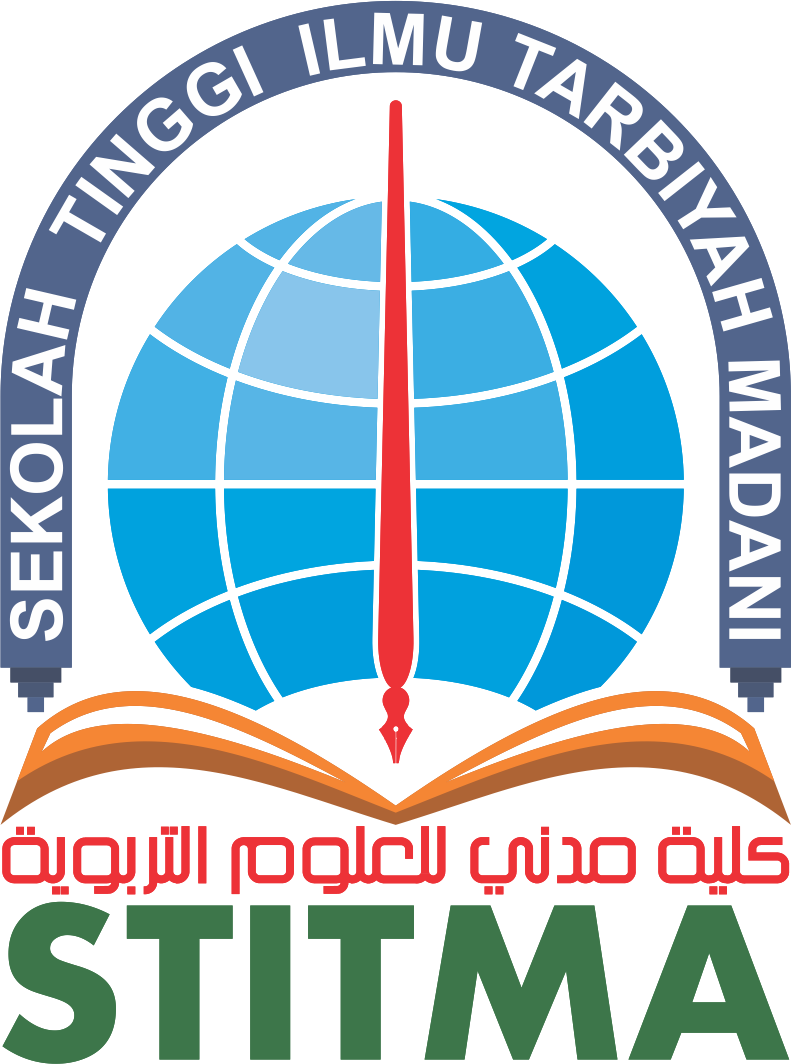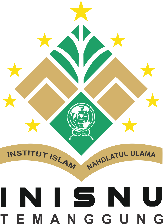Character building through non-formal education and parental collaboration in malaysia
DOI:
https://doi.org/10.59944/jipsi.v4i3.460Keywords:
Character Building, Non-Formal Education, Parents’ RoleAbstract
This research deeply examines character building in productive age through non- formal education approach and strategic collaboration between parents and At- Tanzil Guidance Center, Serdang, Malaysia. Productive age is a crucial period in character building, but the lack of solid synergy between parents and non-formal education institutions often becomes an obstacle in achieving transformative results. Through a case study method with interview and observation techniques with parents, learners, and teachers, it was found that the active involvement of parents with programs in Sanggar significantly increased the motivation, discipline, responsibility, cooperation, and empathy of learners. This study recommends the development of more innovative programs and the strengthening of sustainable collaboration between families and non-formal education institutions. Various positive activities such as skills training and religious activities have proven to be able to be internalized into children's daily lives, especially when supported by the consistent role of parents at home. The role of parents is proven to be the main pillar in maintaining continuity and strengthening the impact of the education that has been initiated, making it a non-negotiable key factor in the success of character building. The survey results strongly suggest that the role of parents is not just important, but is a vital, strategic, and irreplaceable keyword in sustaining, strengthening, and ensuring the continuity of every educational achievement that has been pioneered in the Guidance Studio at tanzil serdang malaysia. Parental support, whether in the form of active involvement, intense communication with the school, or attention to the development of children's learning at home, is the main foundation for the success of the educational process. Without a strong synergy between schools and parents, all the efforts and educational programs that have been implemented will be difficult to achieve maximum and sustainable results.
References
Ade M Irqon, & Irawan Setiawan. (n.d.). Konsep Perkembangan Psikologi Kepribadian Pada Manusia. 4–1.
Ahmad, F. A. (2011). Konflik Peran Gender Pada Tradisi Merariq Di Pulau Lombok . Al-Qolam : Jurnal Keagamaan Dan Kemasyarakatan, 28.
Albulene Grajcevci & Arif Shala. (n.d.). Formal and Non-Formal Education in the New Era. 7.
Ali Imron. (n.d.). Pendidikan Kepribadian Anak Menurut Abdullah Nashih Ulwan Edukasia Islamika. 1–1.
Aris Setiawan. (n.d.). Mengembangkan Nilai Karakter Dan Kemampuan 4c Anak Melalui Pendidikan Seni Tari Di Masa Revolusi Industri. 12–2.
Cholifah, S., & Faelasup. (2024). Educational Environment in the Implementation of Character Education. Journal of Scientific Research, Education, and Technology (JSRET), 3(2), 816–825. https://doi.org/10.58526/jsret.v3i2.418
Daviq Chairilsyah. (n.d.). Pembentukan Kepribadian Positif Anak Sejak Usia Dini. 1.
derwin, aswin baharuddin, and anilis. (n.d.). Kerjasama Indonesia - Malaysia dalam Peningkatan Taraf Pendidikan Anak TKI di Negeri Sabah. Hasanuddin Journal of International Affairs , 1–2.
Fajar Fadhilla & Alvi Dyah Rahmawati. (n.d.). Pengembangan Kreativitas Anak Kelompok B Melalui Teknik Gradiasi Mewarnai Di RA. Wardatul Muna Madiun. 1–2.
Gaguk Wahyu Puspito. (n.d.). Manajemen Strategi Pengembangan Pendidikan Non Formal. 1–1.
Jenita Anjani Br Sembiring. (n.d.). Implementasi Dukungan Orang Tua Dan Guru Dalam Membangun Karakter Anak.
M. N. Kicherova, I. S. T. (n.d.). Non Formal Education. The Review Of Current Studies. 25–2.
Muhammad Mutammam Musthofa & Kharisma Nur Pribadi. (n.d.). The Important Room of Shalat as A Basis for Determining Spatial and Spiritual Patterns to Shape Children’s Character. 4–1.
Nahiyah Faraz & Brigitta Tyas Listyaningsih. (n.d.). Human Tendencies Pada Anak Usia 0-6 Tahun Dengan Metode Montessori.
Neng Zakiyah Zein & Mulyawan Safwandy Nugraha. (n.d.). Pembentukan Karakter Disiplin Peserta Didik Melalui Pembiasaan Salat Berjamaah. 1–1.
Nurhasanah, S., & Karman, K. (2025). Transforming Non-Formal Education: Pedagogical Innovations and Character Development in Assessment. Proceedings of International Conference on Education, 3(1), 111–117. https://doi.org/10.32672/pice.v3i1.3446
Padilah & Anggy Widia Ramadanti. (n.d.). Pengaruh Film Animasi Nussa Dan Rara Dalam Membentuk Karakter Anak Usia Dini. 5–3.
Ratnawati & Sulastri. (n.d.). Membangun Karakter Melalui Bahasa: Harmoni Pendidikan Karakter Dalam Pembelajaran Bahasa Inggris. 5–4.
Riyanti Yunisca. (n.d.). Faktor-Faktor Yang Mempengaruhi Pembentukan Kepribadian Peserta Didik. 3–1.
Saleh Marzuki. (2009). Dimensi-Dimensi Pendidikan Nonformal. UNM Press.
Septiwiharti, D., & Mutawakkil, M. (2023). Character education development model for children based on sintuvu local wisdom in Binangga Village, Marawola sub-district, Sigi regency. Research, Society and Development, 12(2), e10212235783. https://doi.org/10.33448/rsd-v12i2.35783
Sipahutar, F., Sihite, I. R., & Syahrial, S. (2024). Analysis of Parental Involvement in the Formation of Children’s Character at Primary School Age. Journal of Digital Learning and Education, 4(1), 73–84. https://doi.org/10.52562/jdle.v4i1.1001
Sirojuddin, A., Syarifah, S., Rofiq, I., Karmuji, K., & Mistar, J. (2024). Optimizing the Role of Parents in Children’s Educational Awareness in Kedungsugo Prambon Village, Sidoarjo. Amalee: Indonesian Journal of Community Research and Engagement, 5(2), 531–542. https://doi.org/10.37680/amalee.v5i2.5323
Suharta, R. B., Septiarti, S. W., & Kusumawardani, E. (2020). School And Family Partnership: Informal Learning Context To Build Children Character. JIV-Jurnal Ilmiah Visi, 15(2), 189–198. https://doi.org/10.21009/JIV.1502.10
Sunarni, D. H. (2018). The Parent Role In Early Childhood Character Building. Empowerment, 7(2), 319. https://doi.org/10.22460/empowerment.v7i2p319-327.993
Syaiful Dinata. (n.d.). Pembentukan Karakter Manusia. 8–2.




























